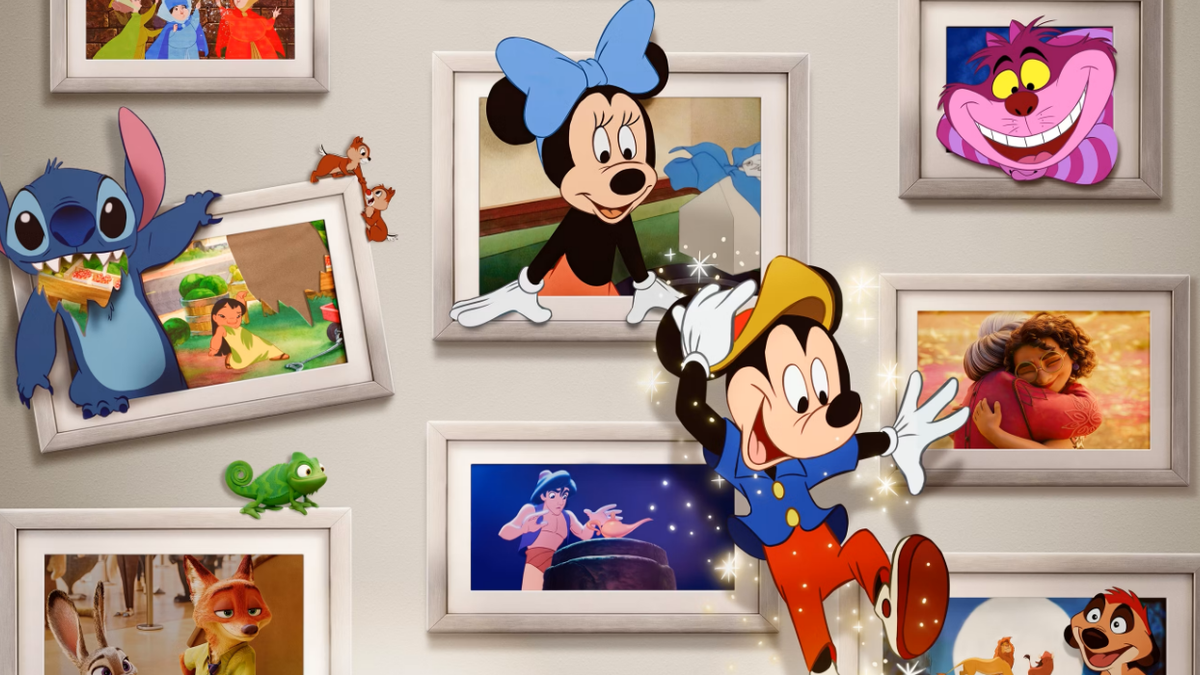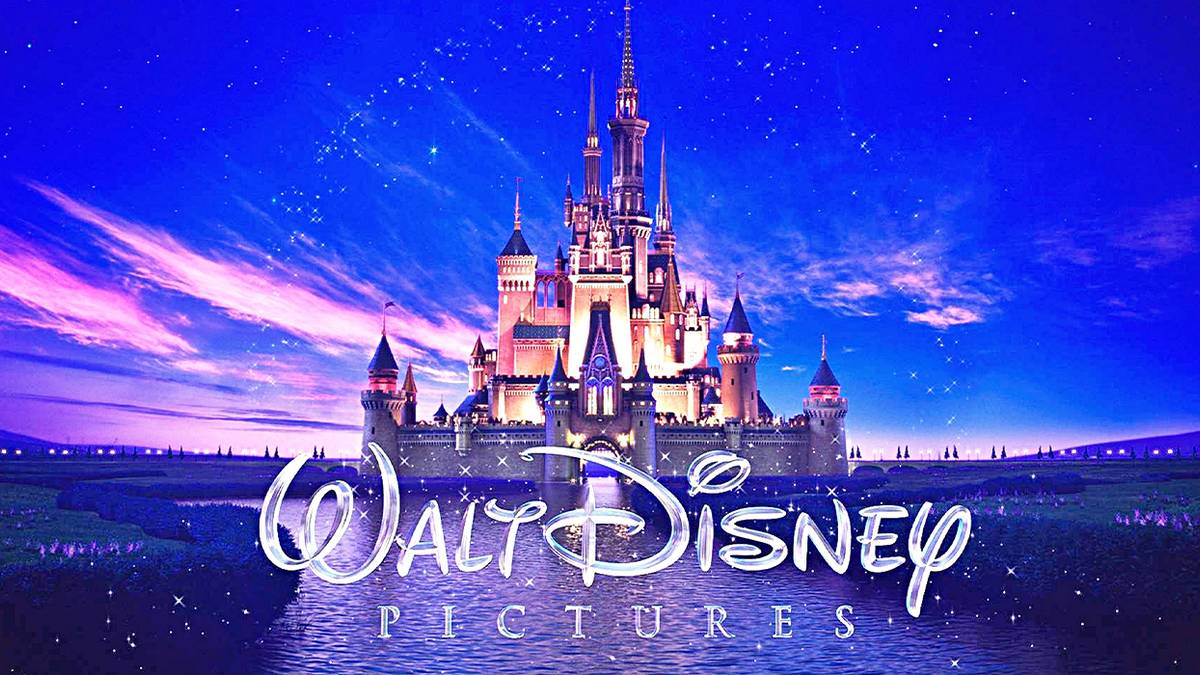Kimmel Krumbles Disney? Mark Ruffalo Warns of Stock Plunge Amid Show Cancellation Battle!

The recent decision by major station groups Nexstar and Sinclair to pre-empt “Jimmy Kimmel Live!” from their ABC affiliates has sparked a significant debate with far-reaching implications for the broadcasting industry, network-affiliate relationships, and even free speech. These station groups collectively represent a substantial portion of the U.S. TV audience, and their actions have brought to the forefront tensions surrounding regulatory policies, ownership caps, and the evolving dynamics between national networks and local broadcasters.
Nexstar's move to pull Kimmel's show, which constitutes roughly 25% of the TV audience across its ABC affiliates, is widely perceived as a strategic maneuver to curry favor with the Federal Communications Commission (FCC). Nexstar is currently pursuing a substantial $6.2 billion acquisition of fellow station group Tegna. A combined Nexstar/Tegna entity would exceed the current nationwide TV station ownership cap, set at 39% of U.S. TV households, necessitating FCC approval. Broadcasters, including Nexstar, are actively lobbying for the FCC to either abolish this cap entirely or raise it significantly, perhaps to 50% or more. While Nexstar has denied any political motivations for its decision, stating it was made unilaterally by its senior executive team without FCC communication, the pre-emption occurred shortly after FCC Chairman Brendan Carr publicly criticized Kimmel and ABC.
Similarly, Sinclair Broadcast Group, another major player, has its own interests aligned with a potential lifting of the ownership cap and is heavily invested in promoting the new ATSC 3.0 standard for monetizing spectrum. Sinclair, known for its conservative leanings, took an even more aggressive stance than Nexstar, demanding an apology from Kimmel and a donation to Turning Point USA. The pre-emption of Kimmel's show followed a seemingly coordinated campaign of outrage that built in right-wing media circles after Kimmel's September 15th broadcast, where he reportedly made comments that conservative activist Charlie Kirk strongly objected to.
Beyond regulatory ambitions, the incidents highlight growing contention in the relationship between broadcast networks and their affiliates. Local TV outlets receive retransmission payments from cable and satellite operators, a portion of which is then paid to the networks as “reverse compensation.” Affiliates are increasingly concerned that networks are demanding too large a share of these payments, especially as local stations see declines in revenue from pay-TV distributors. This has led many affiliates to seek more variable payment models with networks. FCC Chairman Carr has publicly acknowledged and even emphasized this escalating tension between national network operations and local station owners.
The immediate effectiveness of Nexstar and Sinclair’s gambit appears mixed. It seemingly garnered favor with FCC Chairman Carr, who thanked Nexstar on social media for “doing the right thing,” suggesting improved standing with the commission and potentially smoothing the path for a raised or abolished ownership cap. However, these events have also thrust Nexstar and Sinclair into a national spotlight concerning free speech and the First Amendment, potentially attracting significant public scrutiny and opposition from various groups, guilds, and unions who may now more aggressively fight against abolishing the station cap. Observers suggest that this could lead to increased pushback from groups that typically remain silent on such issues.
Disney, ABC's parent company, faces decisions regarding the future of “Jimmy Kimmel Live!” on these affiliates. While Nexstar and Sinclair may be reluctant to reinstate the show, ABC has several options. A significant portion of Kimmel's audience already consumes his content digitally via social media and Hulu. Additionally, competitors in Nexstar/Sinclair markets might seize the opportunity to clear “Jimmy Kimmel Live!” or other ABC series if current affiliates refuse to broadcast them, potentially ingratiating themselves with Disney. Historical precedents exist, such as in 1993 when many ABC affiliates initially refused to air “NYPD Blue,” only to add it later when the show became a hit, or CBS finding ways to secure nationwide clearance for “Late Show With David Letterman.”
The potential for a permanent refusal to air flagship ABC shows by Nexstar and Sinclair could severely impact future affiliate renewal deals, with other stations possibly waiting to take over. Most affiliate contracts are typically three-year deals, and Disney’s ABC affiliation agreements with both groups are reportedly set to expire in late 2026. While losing ABC affiliations would be a blow to Nexstar and Sinclair, forcing them to find replacement programming or expand local news, a successful push to lift the station cap could further expand their national reach, potentially giving them even more leverage over traditional networks. This increased power could lead to demands for programming changes from networks like ABC, potentially accelerating networks' plans to exit the traditional linear broadcasting business. Disney CEO Bob Iger has previously hinted at the possibility of linear networks not being core to Disney, though he later backtracked. A breakdown in affiliate deals could revive such considerations, especially given much ABC viewership already occurs on platforms like Hulu.
The controversy also drew significant reactions from prominent figures. Longtime Marvel star Mark Ruffalo expressed strong support for Kimmel on Threads, suggesting Disney's stock could drop further if the show were canceled and stating, “Disney does not want to be the ones that broke America.” Fellow comedian Wanda Sykes, who was scheduled to appear on Kimmel’s show on the day of its cancellation, posted a video defending Kimmel and criticizing the Trump administration, emphasizing freedom of speech. Conan O’Brien also voiced his concern on X, stating that the suspension of Kimmel and the potential silencing of other late-night hosts for criticizing the administration “should disturb everyone on the Right, Left, and Center.” These celebrity endorsements underscore the broader cultural and political dimensions of the controversy, highlighting the tension between broadcast station groups' business interests and public discourse on media freedom.
You may also like...
Lookman Under Spotlight as Atalanta Face Slavia Prague Challenge

Ademola Lookman is set to start for Atalanta against Slavia Prague in a decisive UEFA Champions League tie, under pressu...
CAF Player of the Year Race Heats Up: Osimhen, Nwabali, Lookman Vie for Top Honours

Nigerian stars Victor Osimhen, Stanley Nwabali, and Daniel Bameyi lead their nation's nominations for the 2025 CAF Award...
Wizarding World Casting Coup: 'Pirates' & 'Derry Girls' Stars Join New Harry Potter Adaptation!

Pottermore Publishing and Audible have announced new additions to the star-studded cast of Harry Potter: The Full-Cast A...
Hollywood's AI Revolution: Kevin O'Leary Advocates Robot Extras to Slash Movie Costs

Kevin O'Leary, investor and 'Shark Tank' host, argues that artificial intelligence can significantly cut film production...
Rock Titans Unite: System of a Down, Korn, Deftones to Dominate 2026 Sick New World Festivals

The Sick New World festival is making a grand return in 2026, featuring two one-day concerts in Las Vegas and Fort Worth...
Tragedy Strikes: Limp Bizkit Bassist Sam Rivers' Possible Cause of Death Unveiled

Limp Bizkit co-founder and bassist Sam Rivers has passed away at 48, with reports indicating an 'attended death' followi...
Royal Lodge Lock-In: The Shocking Reason Prince Andrew Can't Be Forced Out!

Prince Andrew faces mounting pressure to leave Royal Lodge after revelations surfaced about his 'peppercorn rent' arrang...
Victoria Beckham Breaks Silence: Unfiltered Truth on David's Scandalous Past Revealed!

Victoria Beckham has directly addressed the long-standing allegations of an affair between her husband David Beckham and...




